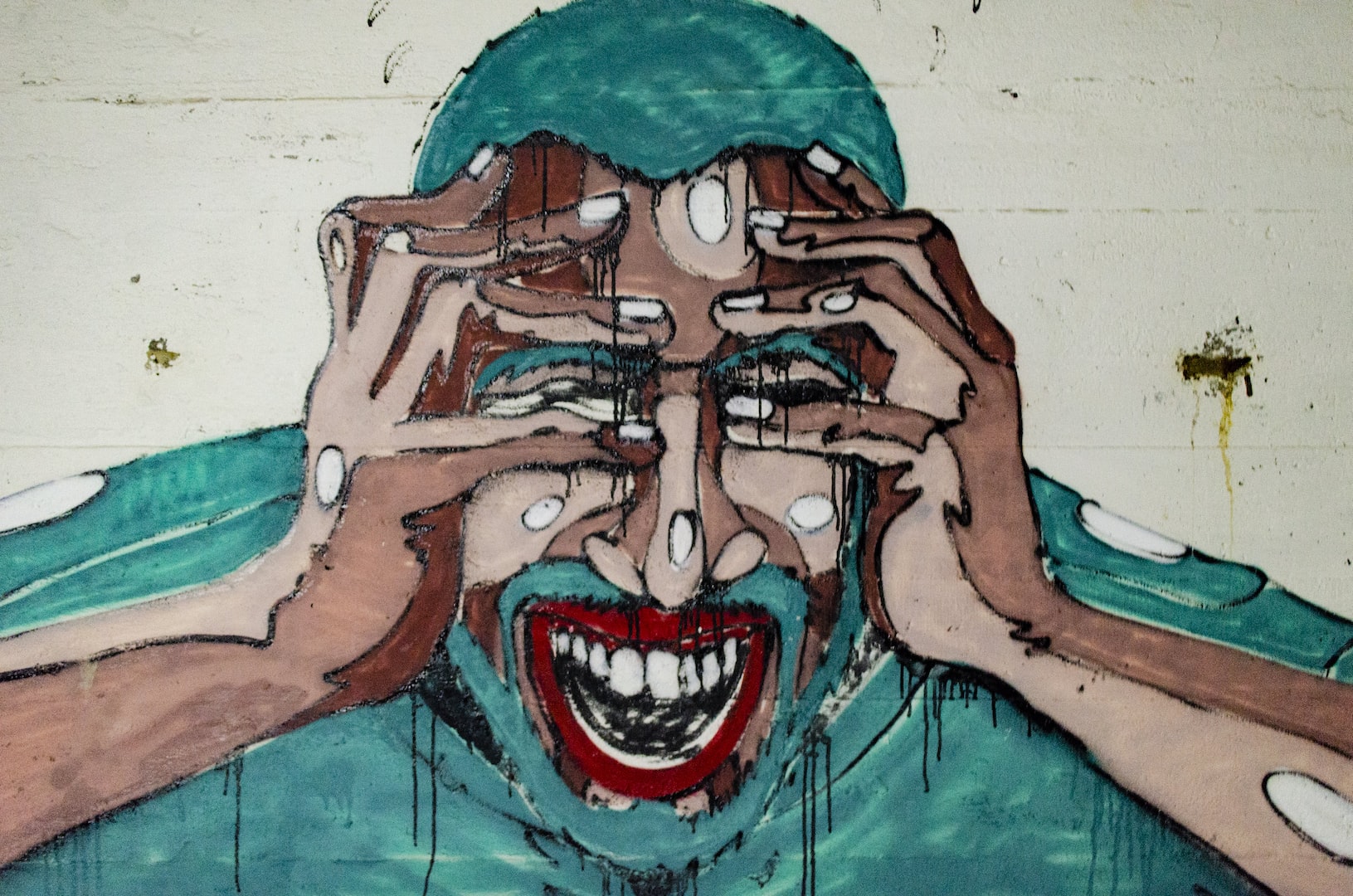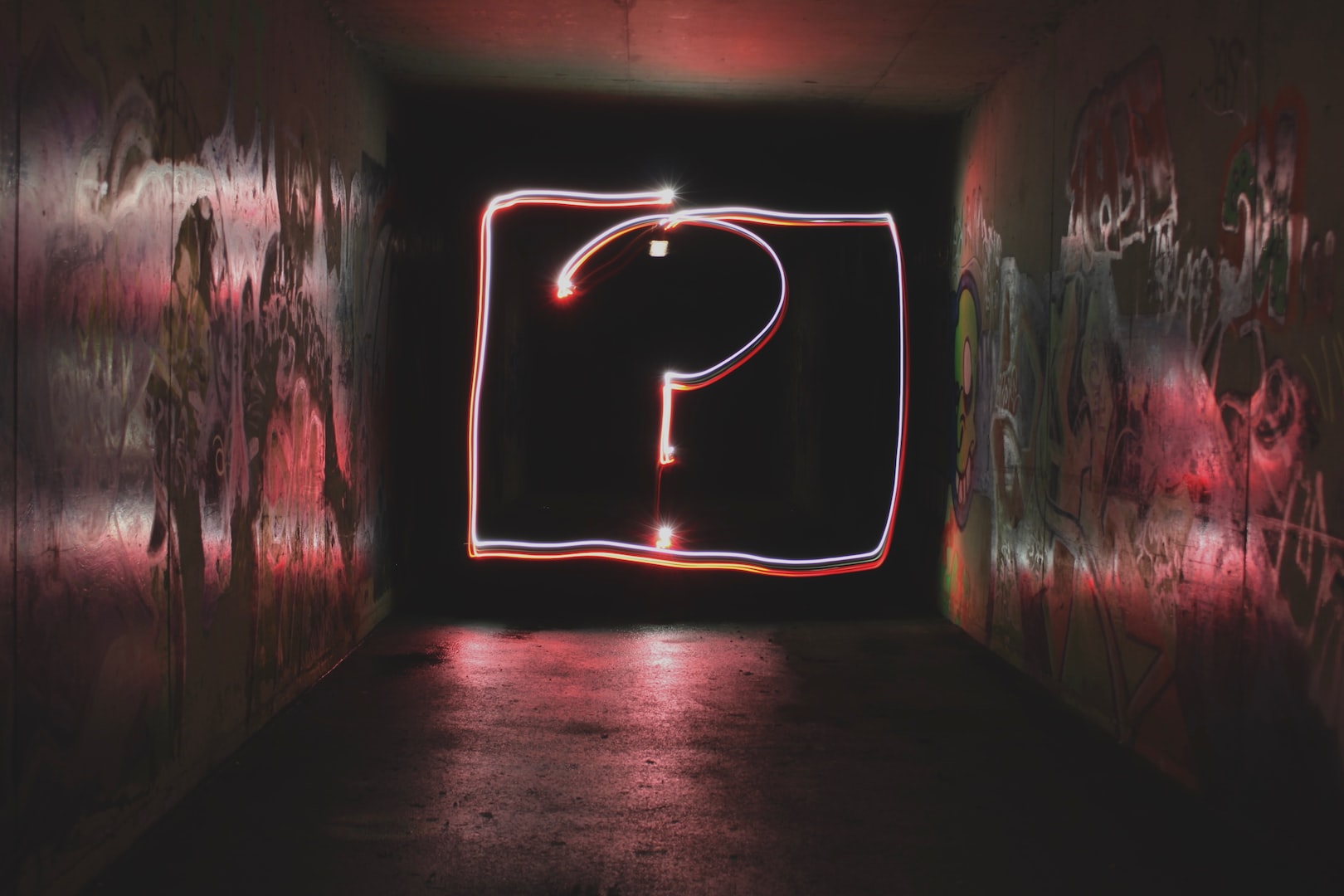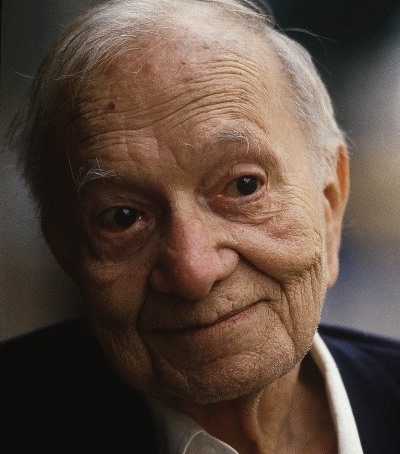
Generalized Anxiety
It's even hard to describe but think about it...you're fine...and out of nowhere...you start to feel something you've never felt before.
You start to sweat from your hands which quickly passes to your body, your heart reaches speeds above 115 bpm, when you think it's over there comes a shortness of breath and an out of control stomach, all this without physical pain.
It's brutal and these are just some of the symptoms that generalized anxiety disorder causes but let's see what the science says about it.

It's the brains fault
The brain is a very complex organ with complicated chemistry that is unique and differs from person to person. So let's explain what an anxious brain works, what makes it trigger anxiety and how the body is affected.
I'll give you an example
Imagine you're walking down the street and you see a four-legged sweetheart (image on the right) heading towards you, you'll certainly stop, pet him and go on your way.
In short, your brain doesn't see the dog as a threat, so there's no reason to panic.
Now imagine the same situation but instead of the dog it's a lion, your brain will immediately understand it as a threat and then it will put your body in fight or flight mode. The heart accelerates, breathing becomes more caressing, etc.


Do you understand the importance of this way? Do you recognize the symptoms of fight and flight?
What do you know so far?
-
Brain Anxiety is controlled by the brain.
-
Fight and flight Defense mechanism with thousands of years of evolution.
An anxious brain
All connected, the brain creates a state of alert, ok but why do we have anxiety even though there is no danger? Confusing, but the truth is that the brain can create alert states even when there aren't any, that's the truth.
Anxiety is thought to be created by an imbalance between the emotional and thinking inhibitory parts of the brain. Usually in the prefrontal cortex which inhibits the emotional amygdala.
The emotional amygdala is constantly looking for threats, if it acts a chemical imbalance will lead to false threats.

Anxiety Causes
Despite science explaining how it works, the causes are still well defined.
Life experiences, traumatic events, the environment or simply a pre-disposed brain to create certain conditions are the most common explanations for medical consultants.
Summarizing a doctor during a consultation can explain how it works but not its specific cause.
There are also clinical causes, such as a health condition such as:
Heart disease
Diabetes Thyroid problems
Certain tumors
Breathing problems
It is common for a doctor to do screening tests, especially the thyroid.
What do you know so far?
-
Brain Anxiety is controlled by the brain.
-
Fight and flight Defense mechanism with thousands of years of evolution.
-
Chemical A chemical disruptor plays a role in how anxiety works.
-
Causes There is no definite single cause but there are indicators.
The symptoms
The symptoms of anxiety are reflected in both physical and emotional terms, with aggressive physical ones. They also depend on person to person, over the years I've heard over 30 symptoms reported! But there are some common ones that I describe below.
Shortness of breathe.
Accelerated heart.
Abdominal discomfort.
Muscle tension.
Sweats. Chest pain.
Tremors. Restlessness. Insomnia.
An anxious state does not only consist of physical symptoms, emotions and quirks are also part of the menu.
Inability to relax.
Permanent catastrophic thoughts.
Need to speak.
Constant movements. Nail biting.

Anxiety Test
I created an anxiety test that you can take here on the website.
Please note that the test is not scientifically rigorous and certainly does not dispense with or replace a clinical opinion.
Treatments
There are There are several approaches when it comes to treatments. Psychiatry's first and preferred choice is medication, usually two types, antidepressants and benzodiazepines better known as tranquilizers. There are 1001 variants of them but therapy will always be with these two.
Personally, despite recognizing the added value they have, I am sure that they are not the only or best solution, especially in the long term. The medical specialty dealing with therapy is psychiatry, although a general practitioner can prescribe psychiatric medication. On the contrary in depression, psychology in my opinion may not be the most indicated but it is certainly not a loss either.
It's not medical advice but I think education, exercise and nutrition are the best long-term approach. I say long term because once you have this disorder, the probability that it will accompany you until the end of your life is high.
It should be stated that self-medication is not recommended at all.
It should be stated that self-medication is not recommended at all.
What do you know so far?
-
Brain Anxiety is controlled by the brain.
-
Fight and flight Defense mechanism with thousands of years of evolution.
-
Chemical A chemical disruptor plays a role in how anxiety works.
-
Causes There is no definite single cause but there are indicators.
-
Symptoms They can be physical or mental.
-
Treatments Antidepressants and benzodiazepines are the first approach.
Conclusion
Those who suffer from anxiety know well that it is brutal and disabling but...
...understanding what this disorder is and how it works I think it is crucial for someone to accept the best path and treatment. And not only that, a person with generalized anxiety needs courage and disposition.
I hope you were a little more educated with this contribution. You can also participate in the chat here on the website and be in contact with other people who suffer from it.

Mário Quintana